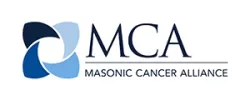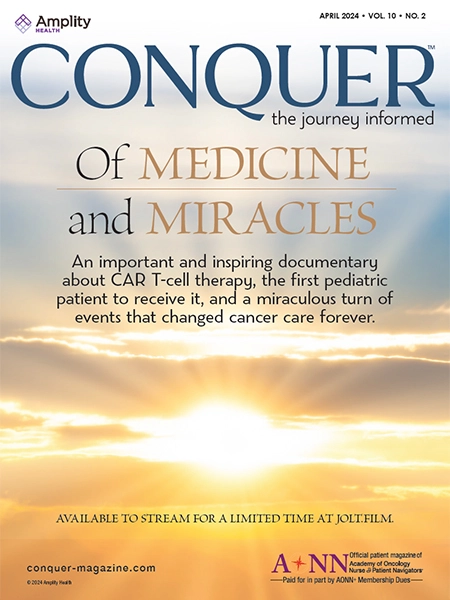Navigation & Survivorship News
May I Have Your Attention—Does Eating Asparagus Cause Breast Cancer to Spread?
Oncology navigators, like many other people, may be drawn to information that is novel and unusual. It is important that we know how to identify and share with patients only the reliable and trustworthy health information.
Policy, Systems, and Environmental Training Offers Tips to Improve Policies and Systems
The GW Cancer Center’s Online Academy offers a number of training and education opportunities for healthcare and public health professionals to help advance patient-centered care and evidence-based public health practice.
End-of-Life Communication Strategies for Oncology Professionals
End-of-life discussions can be difficult, but when carried out thoughtfully and repeatedly with the patient and their family caregivers, it can become one of the most fulfilling parts of a clinician’s work and success stories.
Patient Navigation Is a Solution to Improved Cancer Screening
The past 2 years of the pandemic highlighted the role of oncology patient navigation as a solution to improved cancer screening during challenging times.
Transforming Healthcare: A Guide to Best Practices in LGBTQIA+ Cultural Competency Training
This toolkit presents recommended standards and best practices for training healthcare providers and staff in LGBTQIA+ cultural competence.
Fulfilling Hope by Orchestrating a Good and Peaceful Death
Oncology clinicians need to discuss attributes of a “good death experience” with patients and their loved ones to provide them the information they need at specific points in time.
A New Health Literacy Resource
AONN+ joined other healthcare organizations in developing an e-learning course that helps healthcare professionals enhance the level of health literacy for themselves and their patients.
Advance Workplace Cultural Competency with GW Cancer Center’s TEAM Training
GW Cancer Center offers free online training that is worth 5.6 nurse CEs and aims to facilitate equitable, accessible, and patient-centered cancer care.
Communications About End of Life (Part 2)
Patients with cancer want to maintain hope and so does the care team. But oncology clinicians and navigators need to engage in candid end-of-life conversations with the patients to better support them in the manner that they deserve.
New Resource: NCCN Survivorship Guidelines
The National Comprehensive Cancer Network released an updated version of its Survivorship Guidelines on cancer survivorship definition, assessment, and resources.
Thank You to Our Corporate Sponsors and Alliance Partners!
-

Major Corporate Sponsor
-

Patron Corporate Sponsor
-

Patron Corporate Sponsor
-

Patron Corporate Sponsor
-

Industry Relations
Council Member -

Industry Relations
Council Member -

Industry Relations
Council Member -

National Alliance Partner
-

National Alliance Partner
-

National Alliance Partner
-

National Alliance Partner
Privacy Notice | Terms of Use
© 2009- DBA AONN+ Academy of Oncology Nurse & Patient Navigators® | PO Box 563, Cranbury, NJ 08512 |
AONN+ DBA AONN+ is a 501(c)(6) organization under federal tax guidelines. AONN+ Foundation for Learning, Inc. a 501(c)(3) organization under federal tax guidelines.
AONN+ Advantage, LLC, a wholly owned subsidiary of AONN+.


